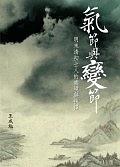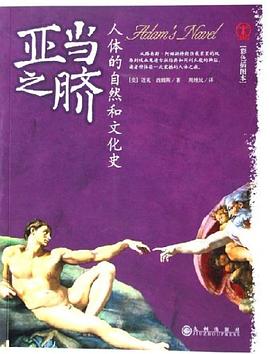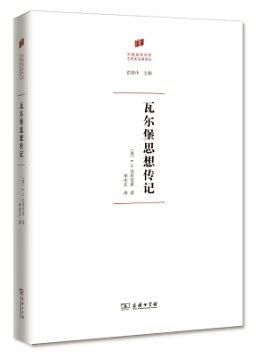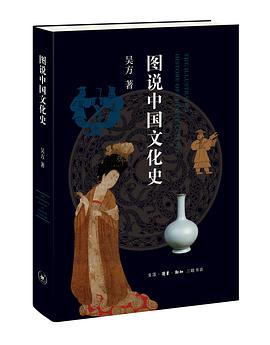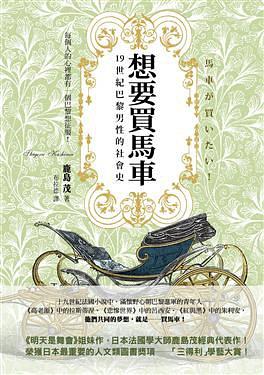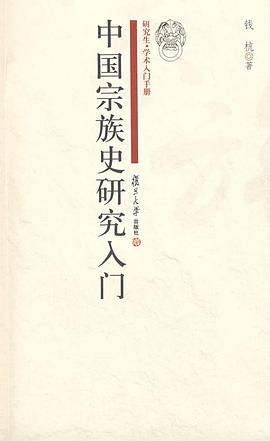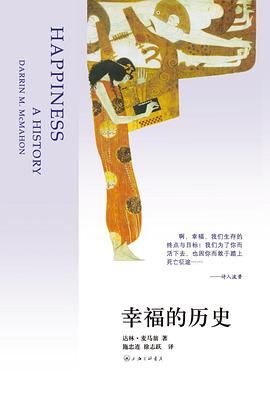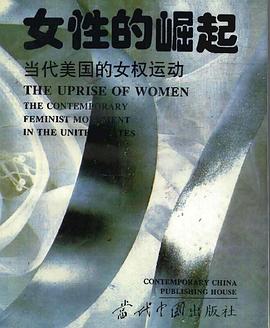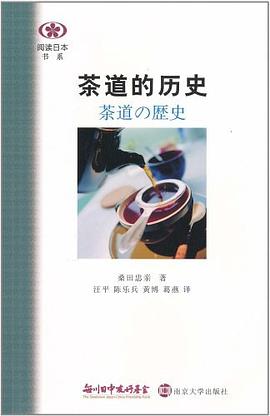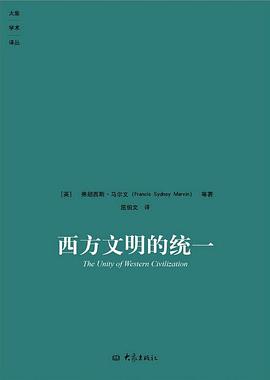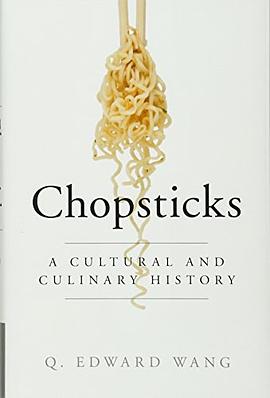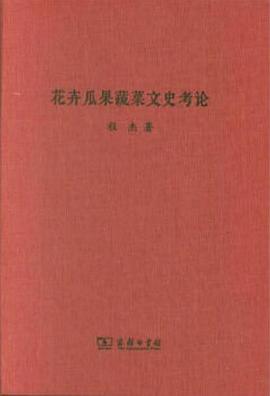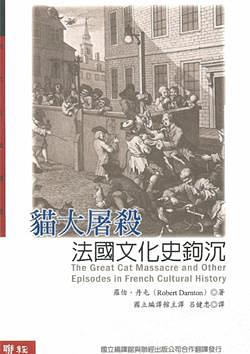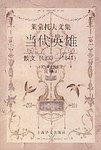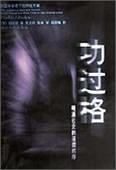

具体描述
16、17世纪的中国民间社会非常流行一种记录善行与恶行的功过格。功过格是一种善书,它将善行与恶行分别加上功德分与过错分。这样,如果使用功过格的人做善事,积累了许多功德分,就有希望获得升迁或好报。通过考察时末清初使用功过格的情况,作者对中国封建社会晚期的思想史和社会史进行了全新的审视。
作者简介
目录信息
中译本前言
序论
*16-17世纪的历史背景
*精英对社会变革的反应
*思想界对正统理学的挑战
*功过格
一 早期中国的功德积累传统
*功德积累的基本原则
*《太上感应篇》
*《太微仙君功过格》
*功过体系与儒家命运观
二 为升迁而积累功德
*袁家的传统
*袁黄的转变:《立命篇》
*云谷对功过格的新阐释
*袁黄对功过体系的解释
三 关于超自然报应和积功的争论
*“立命”的倡导者:泰州学派
*对袁黄和功过格的批评
*对袁黄的反驳:刘宗周的《人谱》
*东林党人:理学的感应理论
四 17、18世纪对社会等级制的维护
*新的功过格
*功过格的社会观
1.奴仆的地位
2.精英的责任:士人、官员和乡绅
3.社会等级的一种形式:《不费钱功德例》
4.钱财和道德资本
*功过格的传布与使用
结论
附录:现存17、18世纪的善书与功过格
征引文献
*
· · · · · · (收起)
读后感
This book studies the ledgers of merit and demerit in 16-17 centuries to explain their popularity against the background of social, economic and intellectual upheavals. Through the lens of ledgers, the author tries to analyze elite responses to social chang...
评分This book studies the ledgers of merit and demerit in 16-17 centuries to explain their popularity against the background of social, economic and intellectual upheavals. Through the lens of ledgers, the author tries to analyze elite responses to social chang...
评分This book studies the ledgers of merit and demerit in 16-17 centuries to explain their popularity against the background of social, economic and intellectual upheavals. Through the lens of ledgers, the author tries to analyze elite responses to social chang...
评分This book studies the ledgers of merit and demerit in 16-17 centuries to explain their popularity against the background of social, economic and intellectual upheavals. Through the lens of ledgers, the author tries to analyze elite responses to social chang...
评分This book studies the ledgers of merit and demerit in 16-17 centuries to explain their popularity against the background of social, economic and intellectual upheavals. Through the lens of ledgers, the author tries to analyze elite responses to social chang...
用户评价
作者的梳理很详细,没了。
评分复印。杜正贞翻译的,怪不得课上会专门提功过格这种东西。买不到了。复印。
评分目测很多书籍史研究者早年都是研究思想史出身~
评分一直觉得十六、七世纪是一个多教融合的时期,功过格却提供了“非正统”佛道信仰体系被逐漸占用为儒家传统的过程,并成为社会维稳的教化工具。有意思的书。
评分对我来说又难度又无聊,我果然对思想史无甚兴趣。
相关图书
本站所有内容均为互联网搜索引擎提供的公开搜索信息,本站不存储任何数据与内容,任何内容与数据均与本站无关,如有需要请联系相关搜索引擎包括但不限于百度,google,bing,sogou 等
© 2025 book.quotespace.org All Rights Reserved. 小美书屋 版权所有

